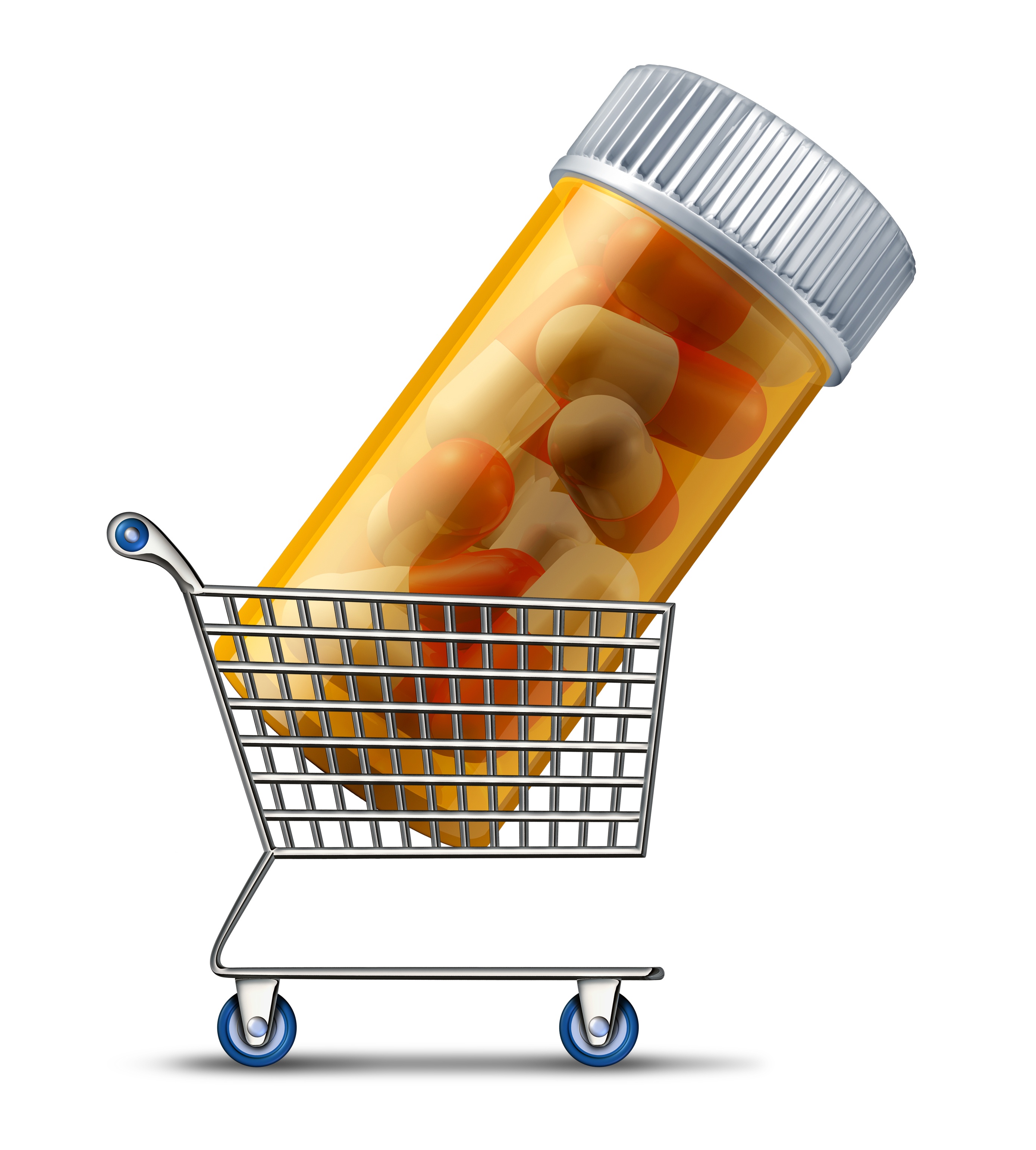Hurt By a Prescription Drug? Who May Be Held Liable
More and more people use prescription drugs for a variety of reasons. While many of these drugs do what they’re supposed to do, some drugs don’t, and the effects could be devastating.
What happens, then, if you’re hurt by a prescription drug? Just like if you were hurt by a defective product, you might be able to sue for damages.
There are three main types of prescription drug liability claims:
- The prescription drug was defectively manufactured. This covers any error or mistake that occurs during the manufacturing process in the factory to when you finally receive the drug.
- The prescription drug has dangerous side effects. This type of claim involves prescription drugs that were manufactured properly, but the side effects of the drug are dangerous and cause injury.
- The prescription drug was improperly marketed. These claims result in injuries due to a failure to provide appropriate warnings for the safe use of the drug. Drug “marketing” refers to the instructions, warnings, and recommendations related to using that drug.
Your prescription drug liability lawsuit might involve only one of these types of claims or a combination. Depending on the type of claim you are pursuing, you might hold different parties responsible for your prescription drug injury.
So, who could potentially be liable in your lawsuit?
Possible Defendants for Prescription Drug Claims
When trying to identify possible defendants for your prescription drug claim, you should consider the chain of distribution. The chain of distribution looks at the path the drug takes from the beginning, when it is manufactured, to the end, when you as the consumer have the drug in your hands.
Let’s look at the different parties in the chain of distribution.
Manufacturer. The prescription drug manufacturer is the company that produces the drug. These are usually large companies that have the money and resources to put into researching and developing new drugs. While that bodes well for you in terms of receiving a settlement, these companies typically have expensive lawyers working to make sure they don’t have to pay.
Testing lab. Every drug that is manufactured has to undergo thorough testing to make sure it’s safe for patients to use. If there was a testing error, you could include the testing lab as a defendant in your claim.
Pharmaceutical sales rep. When new drugs come out, drug companies hire pharmaceutical sales representatives to talk to doctors about their new products and get the doctors to prescribe these drugs to their patients. If one of these reps sold your doctor on the drug, he or she might be liable.
Your doctor. You trust your doctor, so when he or she tells you to take a prescription drug, you listen. Your doctor might be liable for prescribing a drug that caused injury, for failing to warn you about side effects, or for not providing you with the appropriate instructions for safe usage.
Pharmacy. The pharmacy where you go to pick up your prescription drugs might be liable for your injuries as the final party in the chain of distribution.
Regardless of which prescription drug caused you injury, you should contact an experienced New York personal injury attorney who can look at your case and determine if you have a legitimate claim and are entitled to damages.
This website contains “Attorney Advertising.” It is designed for general information only and should not be construed to be formal legal advice. Prior results cannot and do not guarantee a similar outcome. Please contact us by telephone or email. Be advised that using any method of communication to contact us does not create an attorney – client relationship. In order for this office to represent you, we must enter into a written retainer agreement. Simply contacting us does not create an attorney-client relationship. Please do not send any confidential information to this office until after a signed retainer has been entered into by you and this office.

